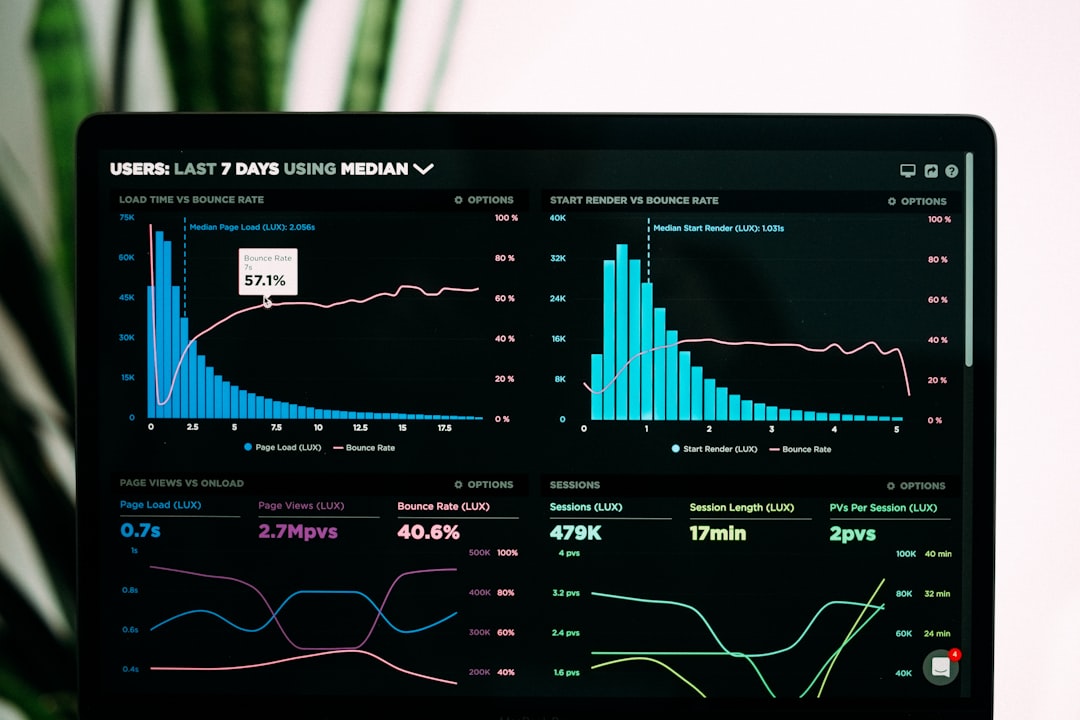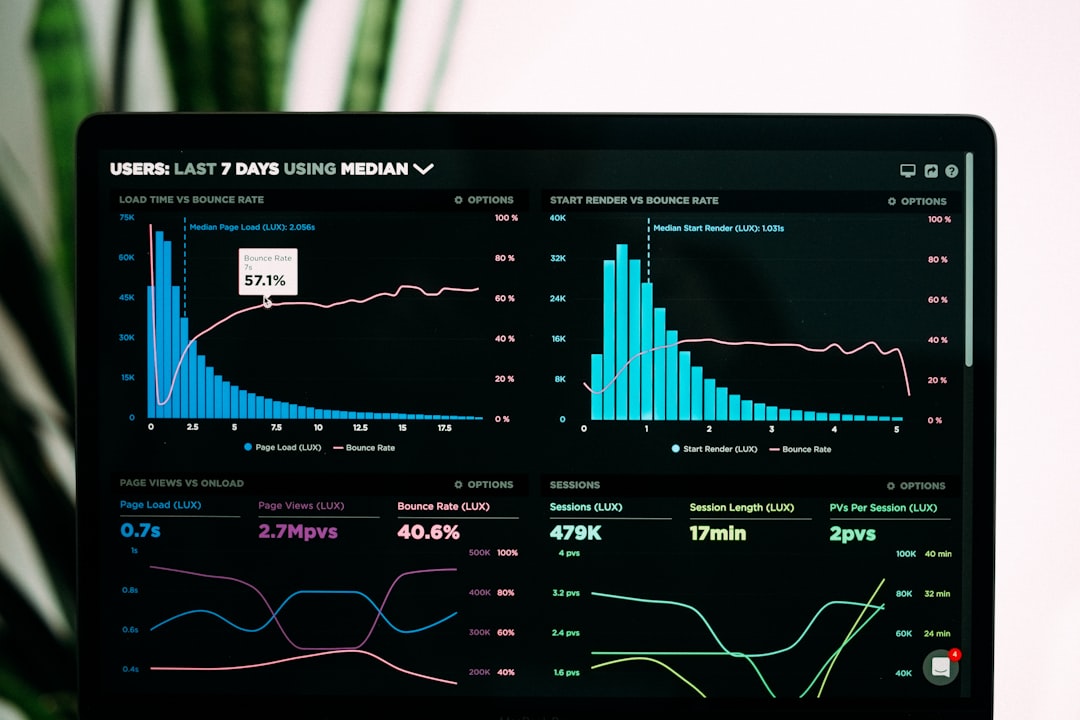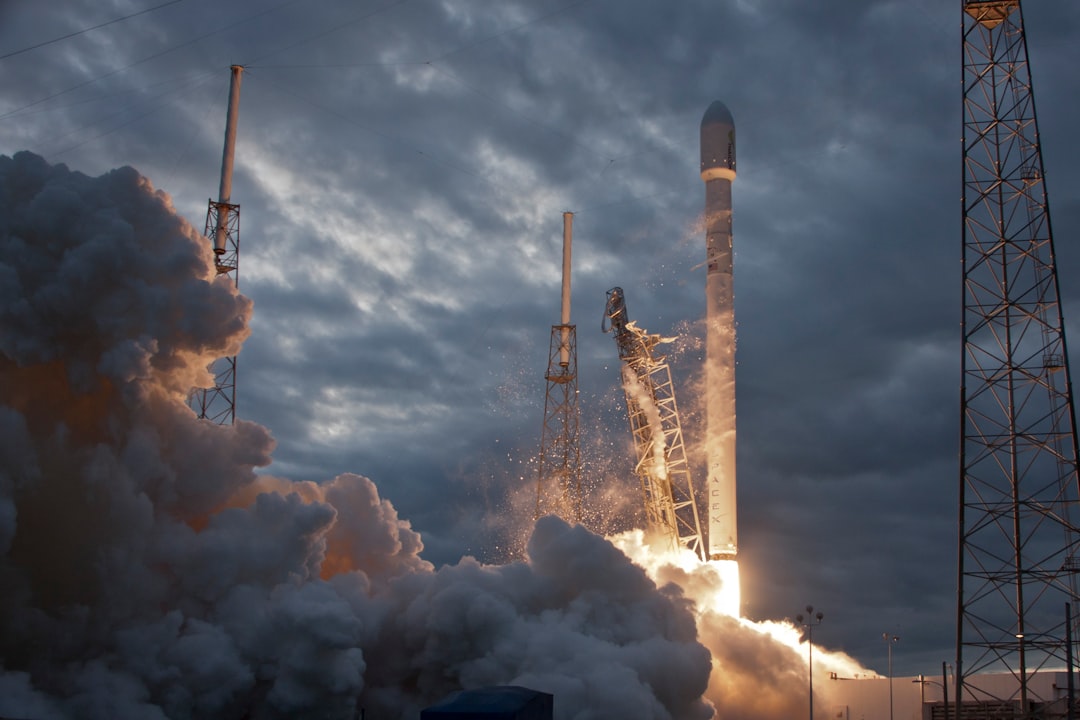Unlock encrypted content
Please enter your SSCE key to initiate on-the-fly decryption.
Decryption key: (Click cancel if you don't have the key)
Copied link to clipboard.
This feature is unavailable for free accounts. Upgrade now and enjoy all Premium benefits.
Go Premium!
This feature is unavailable for free accounts. Upgrade now and enjoy all Premium benefits.
Go Premium!
Please open this page in browser ( Google Chrome or Safari ) to use this feature.
Open In Browser
The Future of Data: Extraterrestrial Data Transfer, Machine Learning and Time Travel.
Random related video for this blog.
Copied share link to clipboard.
In today's world, data is the new oil. The ability to collect, analyze, and utilize data has become an essential part of modern life. From businesses to governments, individuals to organizations, everyone is looking for ways to harness the power of data to gain insights, make informed decisions, and drive innovation. In this article, we'll explore some of the latest trends and technologies that are shaping the future of data, including extraterrestrial data transfer, machine learning, and time travel.
Extraterrestrial Data Transfer
As humans continue to explore and expand our reach beyond Earth, the need for efficient and secure data transfer across vast distances becomes increasingly important. In the not-too-distant future, we may be sending data to and from other planets, moons, and even other star systems. To make this possible, researchers are exploring new technologies for extraterrestrial data transfer.
One promising approach is the use of laser communications. Unlike traditional radio waves, laser beams can carry much more data and are less affected by interference. NASA's Laser Communications Relay Demonstration (LCRD) is one example of a project that aims to test and demonstrate the use of laser communications for space missions.
Another approach is to use quantum entanglement to transfer data instantly across vast distances. While this technology is still in its early stages, researchers have already demonstrated the ability to transfer data using quantum entanglement over distances of up to 1,200 kilometers.
Machine Learning
Machine learning is a type of artificial intelligence that allows machines to learn and improve from experience without being explicitly programmed. This technology has already revolutionized many industries, from healthcare to finance to transportation. In the world of data, machine learning is being used to automate tasks, identify patterns and trends, and make predictions based on large datasets.
One example of machine learning in action is the use of predictive analytics in healthcare. By analyzing large amounts of patient data, machine learning algorithms can identify patients who are at high risk of developing certain conditions, allowing healthcare providers to intervene early and improve outcomes.
Another example is the use of machine learning in fraud detection. By analyzing patterns in financial transaction data, machine learning algorithms can identify suspicious activity and flag it for further investigation.
Time Travel
While time travel may seem like science fiction, researchers are already exploring the concept in the realm of data. The idea is to use advanced algorithms and computing power to simulate the future and make predictions based on that simulation. This approach is known as causal inference, and it has the potential to revolutionize many industries, from finance to healthcare to marketing.
For example, in finance, causal inference could be used to simulate the impact of different investment strategies and predict their outcomes. In healthcare, it could be used to simulate the effects of different treatments and identify the most effective ones. In marketing, it could be used to simulate the impact of different advertising campaigns and identify the most effective ones.
Data Sovereignty and the Internet of Everything (IoE)
As more and more devices become connected to the internet, the amount of data being generated is increasing exponentially. This has led to concerns about data sovereignty, or the right of countries to control and protect their citizens' data. In response, some countries are implementing strict data protection laws and regulations.
At the same time, the Internet of Everything (IoE) is connecting everything from cars to appliances to medical devices to the internet. This is creating new opportunities for data collection and analysis, but also new risks for privacy and security.
To address these concerns, some companies are developing new technologies for secure and decentralized data storage and transfer. One example is FileLu, a cloud storage provider that offers end-to-end encryption and instant file synchronization. FileLu also allows users to transfer large files up to 250 GB in size, making it an ideal solution for businesses and individuals who need to transfer large amounts of data quickly and securely.
In conclusion, the future of data is exciting and full of possibilities. From extraterrestrial data transfer to machine learning to time travel, the latest trends and technologies are opening up new opportunities for innovation and growth. However, it's important to balance the potential benefits with the risks and challenges of data sovereignty, privacy, and security. By staying informed and investing in secure and decentralized data solutions like FileLu, we can ensure that the future of data is bright and promising.
By Amelia Isabella.
Email: [email protected]
Related
The Future of Data Storage: Combining Nanotechnology, Cloud-Native Applications, and...
June 2, 2023
Read More
Unified Platform for Office and Remote Files: Revolutionizing File Sharing...
June 2, 2023
Read More
Popular
Latest
The Future of Digital Transformation: Exploring Smart Homes, Efficient File...
November 30, 2025
Read More
Exploring the Benefits of Cloud Storage and Innovative Technologies in...
November 26, 2025
Read More
The Future of Technology: Exploring Biohacking, Space Tourism, and Digital...
November 23, 2025
Read More
The Future of File Sharing: Streamlined Workflows for Photographers and...
November 19, 2025
Read More
Exploring the Intersection of Technology: From Cybersecurity to Augmented Reality...
November 16, 2025
Read More
The Future of File Management: Embracing Edge Computing and Efficient...
November 12, 2025
Read More
The Future of File Sharing: Exploring User-Friendly Solutions and Data...
November 5, 2025
Read More
The Future of Cloud Storage: How FileLu Empowers Creative Professionals...
November 2, 2025
Read More
The Future of Autonomous Technologies: Innovations in Robotics, File Sharing,...
October 29, 2025
Read More
Emerging Technologies Revolutionizing File Management: From Li-Fi to Robust Collaboration...
October 26, 2025
Read More
Emerging Technologies: Exploring the Impact of File Access Auditing, Genetic...
October 19, 2025
Read More
The Future of Data Storage: Exploring Advanced Encryption, Mobile Integration,...
October 5, 2025
Read More
Exploring the Future of Data Management: Security, Efficiency, and Cognitive...
September 28, 2025
Read More
Revolutionizing Data Management: Innovations in Storage, Security, and Sustainable Technology.
September 24, 2025
Read More
























